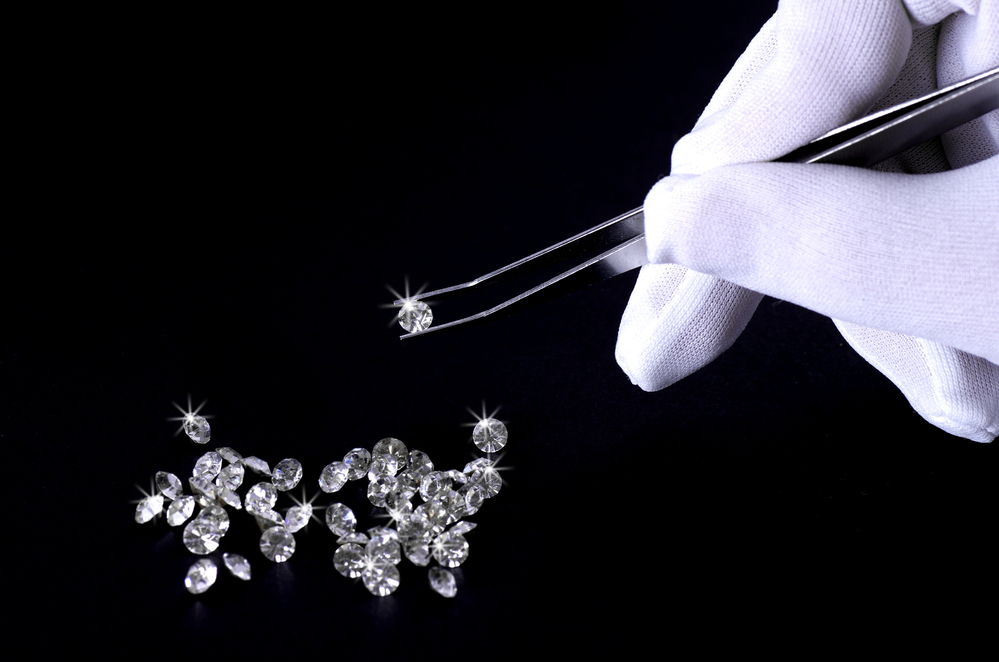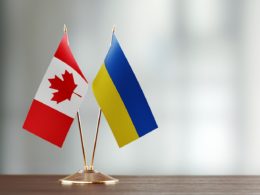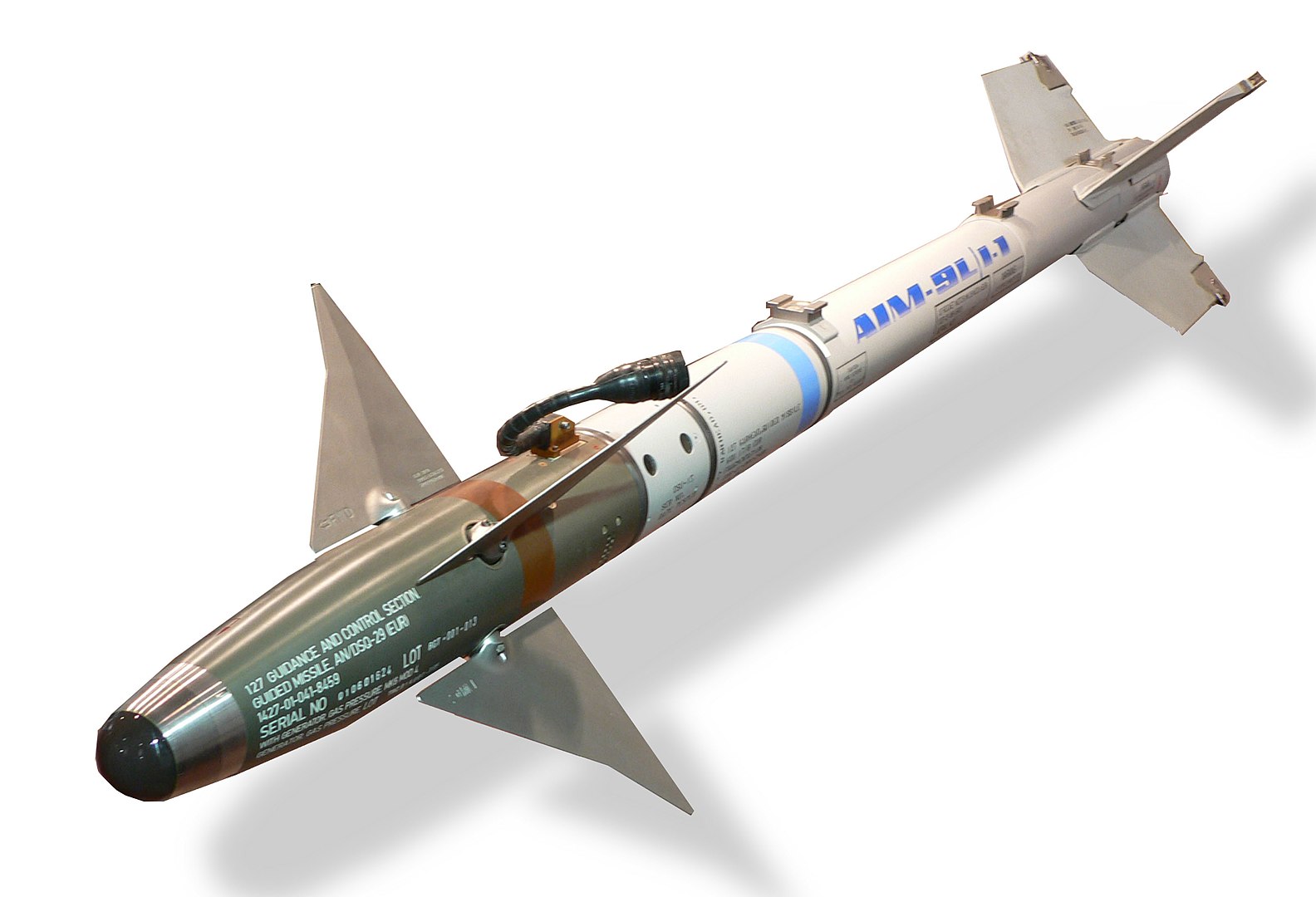In coordination with its G7 partners, Canada is imposing additional import restrictions on Russian diamonds under the Special Economic Measures Regulations, Mélanie Joly, Canadian Minister of Foreign Affairs, announced on 1 March.
The move aligns with commitments made by G7 leaders in February, May, and December 2023 to reduce revenue from the export of non-industrial diamonds from Russia, thereby impacting the Putin regime’s financial resources.
This ban targets indirect imports of Russian diamonds weighing 1 carat and above, building on Canada’s previous import restrictions from December 2023.
“Canada has been at the forefront of imposing economic barriers on the Putin Regime since he launched his brutal full-scale illegal invasion of Ukraine, which caused devastating losses to Ukrainians. Along with our allies and partners, we have imposed severe sanctions on the Russian regime, and we will continue to do so to hold Putin and his enablers to account,” Joly said.
Since 2014, Canada has imposed sanctions on over 2,900 individuals and entities in Russia, Belarus, Ukraine, and Moldova for their complicity in violating Ukraine’s sovereignty and territorial integrity. These measures include targeted restrictions in the financial, trade, energy, and transport sectors against Russia and Belarus.
On 24 February 2024, two years since the onset of Russia’s full-scale invasion, Ukraine and Canada signed a long-term bilateral security agreement.
The security package includes over $3 billion Canadian dollars (about $2.15 billion) in financial and defense assistance from Canada to Ukraine in 2024.
Read also:
- Reuters: Lithuania pushes for EU-wide deadline to end reliance on Russian gas
- Bloomberg: Biden calls for G7 action to tap Russian frozen assets for Ukraine
- Russian tank manufacturer bypasses sanctions with tech imports from Japan, Taiwan via China






